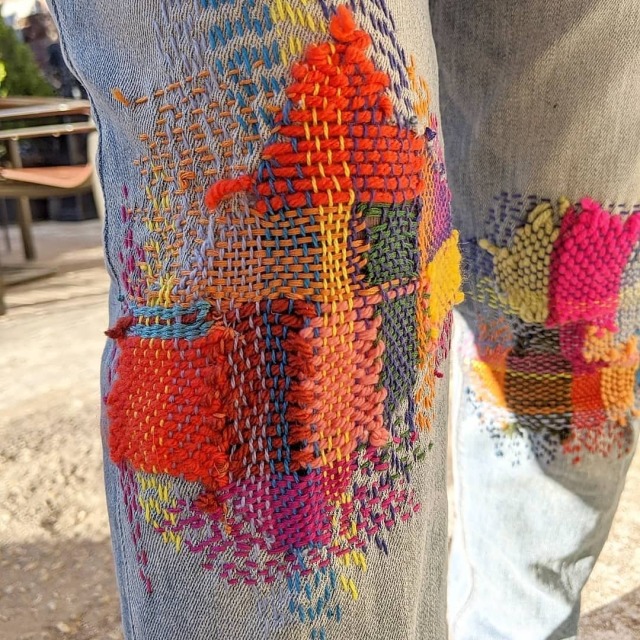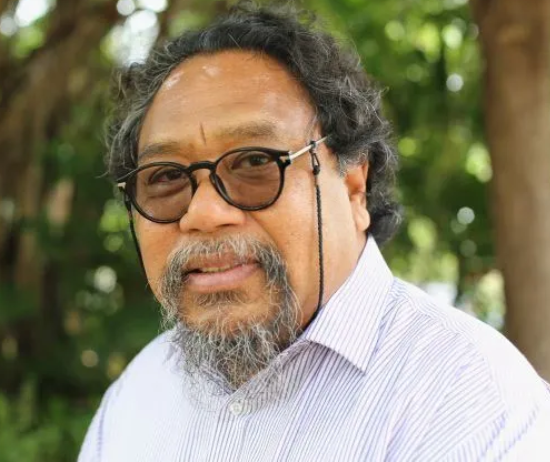Multidimensional Climate Justice Must Recognize ALL Types of Knowledge Holders

What is interesting in this diagram from Kivimaa et al. (2021:7) from the Finnish Climate Change panel, is the missing component of Indigenous, local, and traditional knowledge from the sphere of Recognition Justice. Why it is interesting is because the authors cite Tribaldos & Kortetmäki (2022) among their references for the concept of justice, who […]
On Nakata’s Cultural Interface Theory

“The research you do will have the power to label, name, condemn, describe, or prescribe solutions to challenges in former colonized, indigenous peoples and historically oppressed groups. You are encouraged to conduct research without perpetuating self-serving Western research paradigms that construct Western ways of knowing as superior to the Other’s ways of knowing”. Bagele Chilisa. […]
Cognitive Justice at the user interface
Justice has become the hottest topic in calls for papers this year, particularly noteworthy in inter- and cross-disciplinary design and innovation studies. I first came across the theme of justice last year in the IPCC February 2022 report, where the authors defined it as: Justice is concerned with setting out the moral or legal principles […]
Why I call these Gramscian times

The real sign that this wasn’t just any old “polycrisis” but a transformational inflection point in the “humanity” maturity curve was the recent news that investments in solar power are now more than that made in fossil fuels. This is a tipping point, hard to see in the midst of so much turbulence. The […]
Ways of Knowing: Ways of Thinking – A cognitive justice framework for working with an “ecology of knowledges”

As promised at the end of the previous post which introduced the background to this interwoven framework where I bring together the knowledge work of Indigenous scholars and scientists like Robin Wall Kimmerer, Martin Nakata, and Tyson Yunkaporta into my visualization together with my contributions (in purple) drawn from my own creative practice-based research. The […]
Knowledge systems and making space for the embodied and experiential
Liberating myself from technical specifications of word count, third person voice, tone and choice of words is the power given to me in my own blog space – my ba, if you will – where I can play around with bits of ‘knowledge’ and rearrange them as I will. There are new concepts that I […]
A multi-generational inheritance of cultural capital
From the generation of global nomads/third culture kids (TCK) who grew up before the advent of the internet, reading through contemporary works by TCKs of younger generations has been eye-opening. I’d always been aware of the transformation of my own experience of relationships as communications technology changed, but I don’t think I’d realized that there […]
Pondering the standpoint of a third culture kid (TCK) exploring plural knowledge systems
“[We] reflected on what it meant to be Brown academics (Curtis-Boles et al., 2012; Muhs et al. 2012) while personally navigating multiple cultural and work boundaries as transnational women (Joseph 2014).” (Lahiri-Roy, Belford, & Sum, 2021) Looking for a standpoint from which to respectfully approach different knowledge systems, particularly local, traditional, and Indigenous ones, led […]
There are design goals for which the design process outlines itself
Constructive design research necessitates building a working prototype of the concept under evaluation. Without existing in the real world and interacting with the human socio-ecological system, we cannot figure out if our paper concepts will work as designed in the real world. Social design prototypes need a very high degree of enthusiastic cooperation from the […]
Exploratory study of the literature of information architecture
I introduce the idea of Multi-sensory cognitive justice, and make a case for it through a synthesis of the literature available on information architecture. Given that I was standing there when the field was born as a professional occupation with its own association etc I think I can navigate my way back to the beginning […]